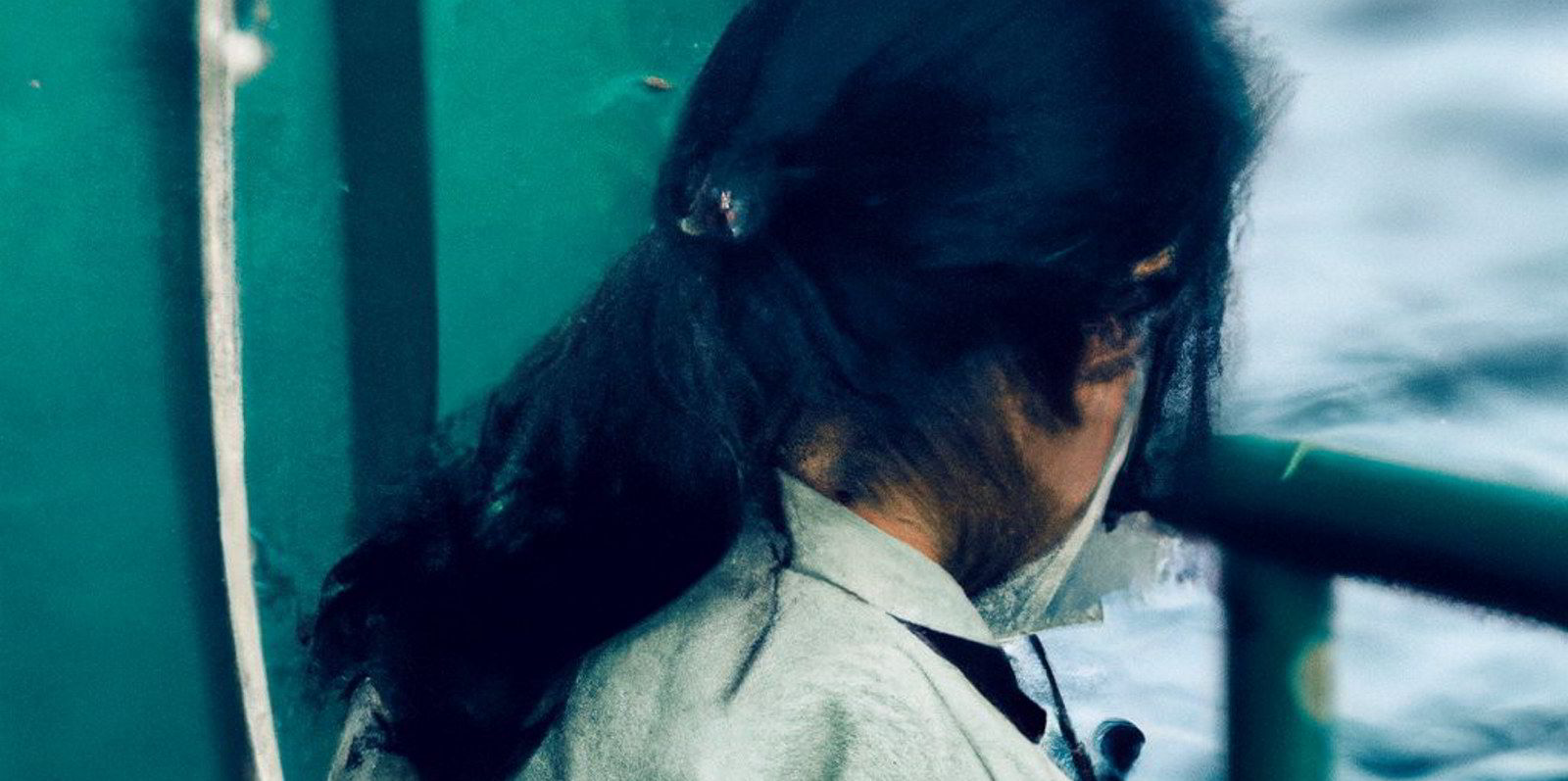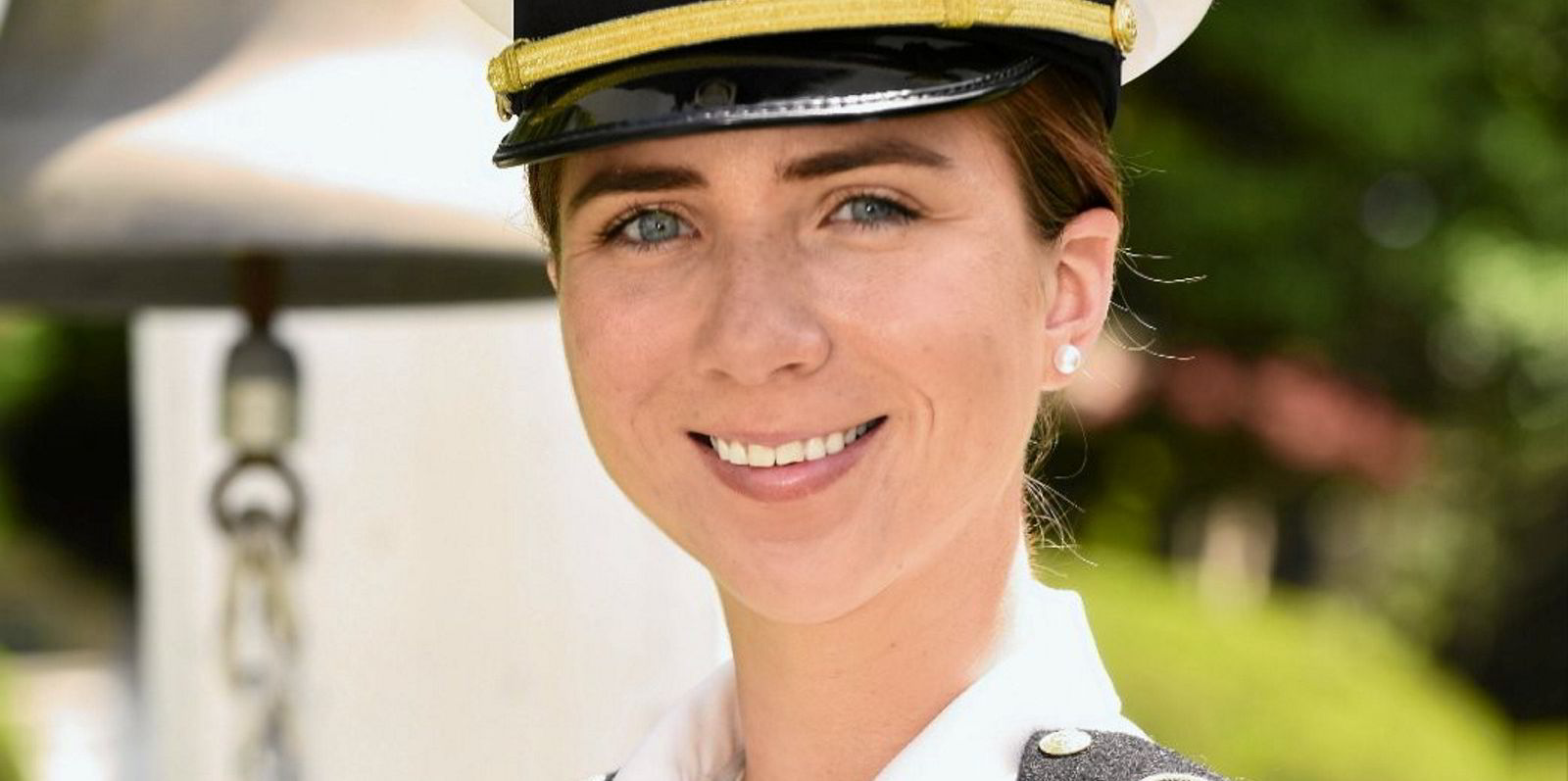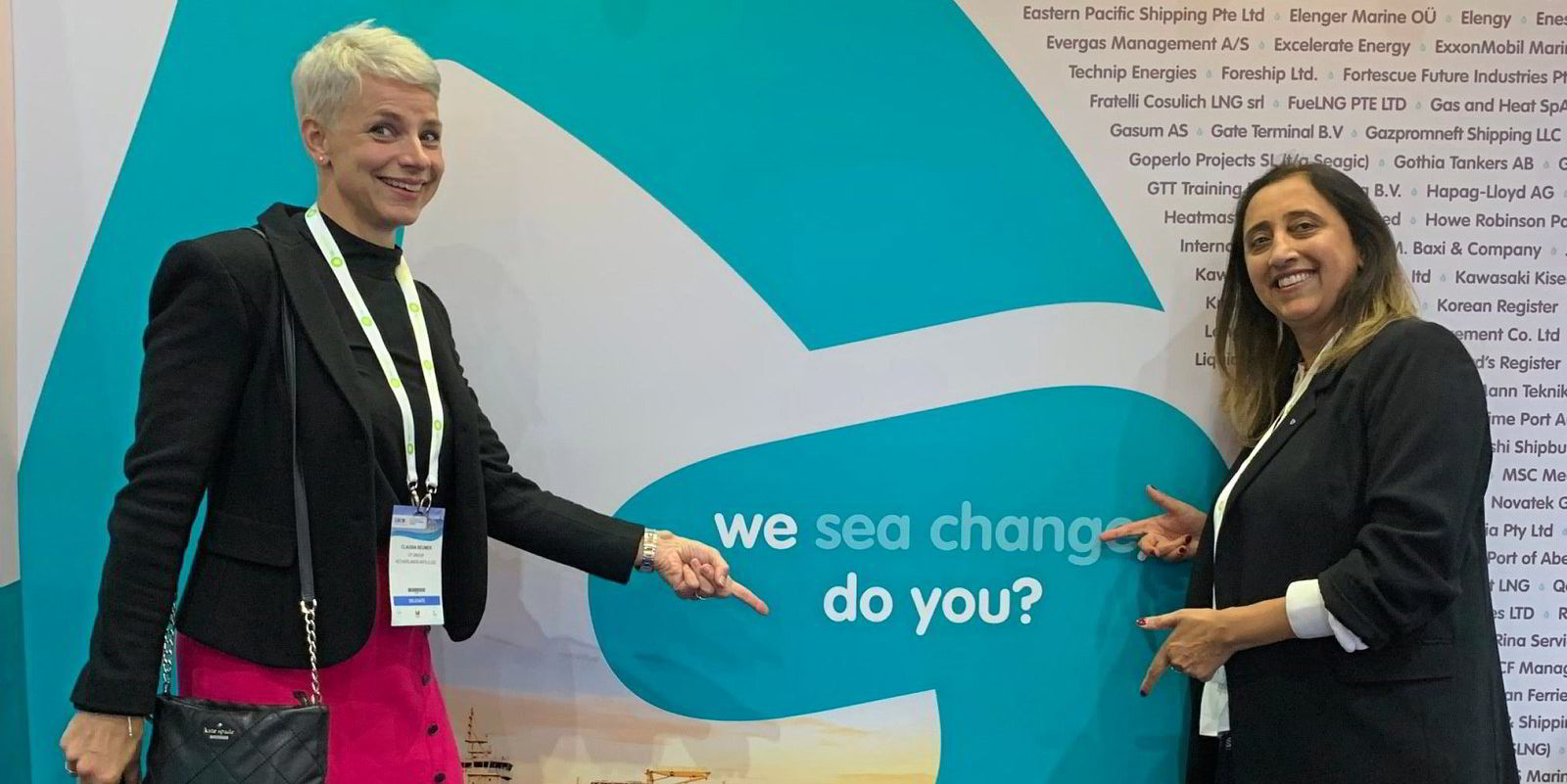Is there a guy in shipping you wouldn’t share a taxi with? If you’re a man answering that question, you’re probably thinking: “Who can’t I stand?” Who’s too much of a p***k to suffer in a confined space?”
If you’re a woman, you will probably interpret that question entirely differently. You’ll be thinking of who could pose the biggest threat to your personal safety.
And to come to that conclusion, you’ll remember stories other women have told you about that person — or (worse still) your own experiences.
It is Women’s History Month and we have just celebrated International Women’s Day. On 18 May, it will be the International Maritime Organization International Day for Women in Maritime. Clearly, the will to elevate the cause of women is there.
But is this just style over substance? I don’t know a single woman in shipping who has not suffered some kind of “weird” moment with a man, ranging from the “awkward” to what I will call the “abusive and obscene”.
For all the talk of recruitment and retention of women in shipping that circulates around this time, are we really doing enough to ensure our women never have a reason to leave the industry?
One thing I really value about female friendships in this industry is that we can be brutally honest with one another. Conversations get very frank, very quickly. Secrets are shared as warnings.
You don’t often hear explicitly about sexual harassment in shipping but, believe me, women talk about it. We talk about the busy hands, the inappropriate comments, the “creepy vibes” and, yes, we swap notes on who not to share a taxi with. It’s Girl Code for how best to be on your guard.
It may seem unfair but we’d rather be safe than sorry. These conversations influence those secret, silent steps that women take to protect themselves — “just in case”.
But when women warn each other about male colleagues, it does nothing to solve the problem. It just passes the problem around. It does nothing to tackle the root cause.
The man who allegedly raped cadet Hope Hicks, previously known as Midshipman X, is thought still to be working at sea and was allowed to do so even while under investigation by US authorities.
Hicks last week called for tougher enforcement action in sexual harassment cases.
“Predators have never been held accountable in this industry,” she said. “Nothing will change until the US Coast Guard and the Department of Justice go after these predators and remove them from the industry.
“We need real action and real accountability from law enforcement much more than we need new policies.”
The mistreatment from men that women suffer in this industry is a spectrum, ranging from awkward moments to creepiness, all the way up to physical violations and abuse. But it all matters.
International Women’s Day gets some stick because, at its weakest, it is about words and not deeds. It’s easy for a company to rattle off a press release about celebrating female employees. It is much more difficult to engage with those same employees to get an honest understanding of what can be done for them.
Let events such as International Female Whatever Day serve as reminders — nudges — that we need a renewed commitment to women’s safety in this industry. That comprises psychological safety as well as physical and personal safety.
Women need to feel able to set boundaries and raise complaints without suffering repercussions.

In a male-dominated industry such as ours, we also need men to be active allies for women.
Men should feel confident enough to be able to step in and offer assistance if they feel it may be needed. (Trust that women will let you know, if not).
And, as Hicks has highlighted, we also need employers and even law enforcement and regulatory bodies to play their part effectively too.
It is 2023. The safety of women at sea and on the shore needs to be guaranteed.
We don’t need more words — not the words of women trying to look out for each other, and not the words of well-meaning PR campaigns.
Grow a spine and do something where you see misconduct happening — whoever you are.





